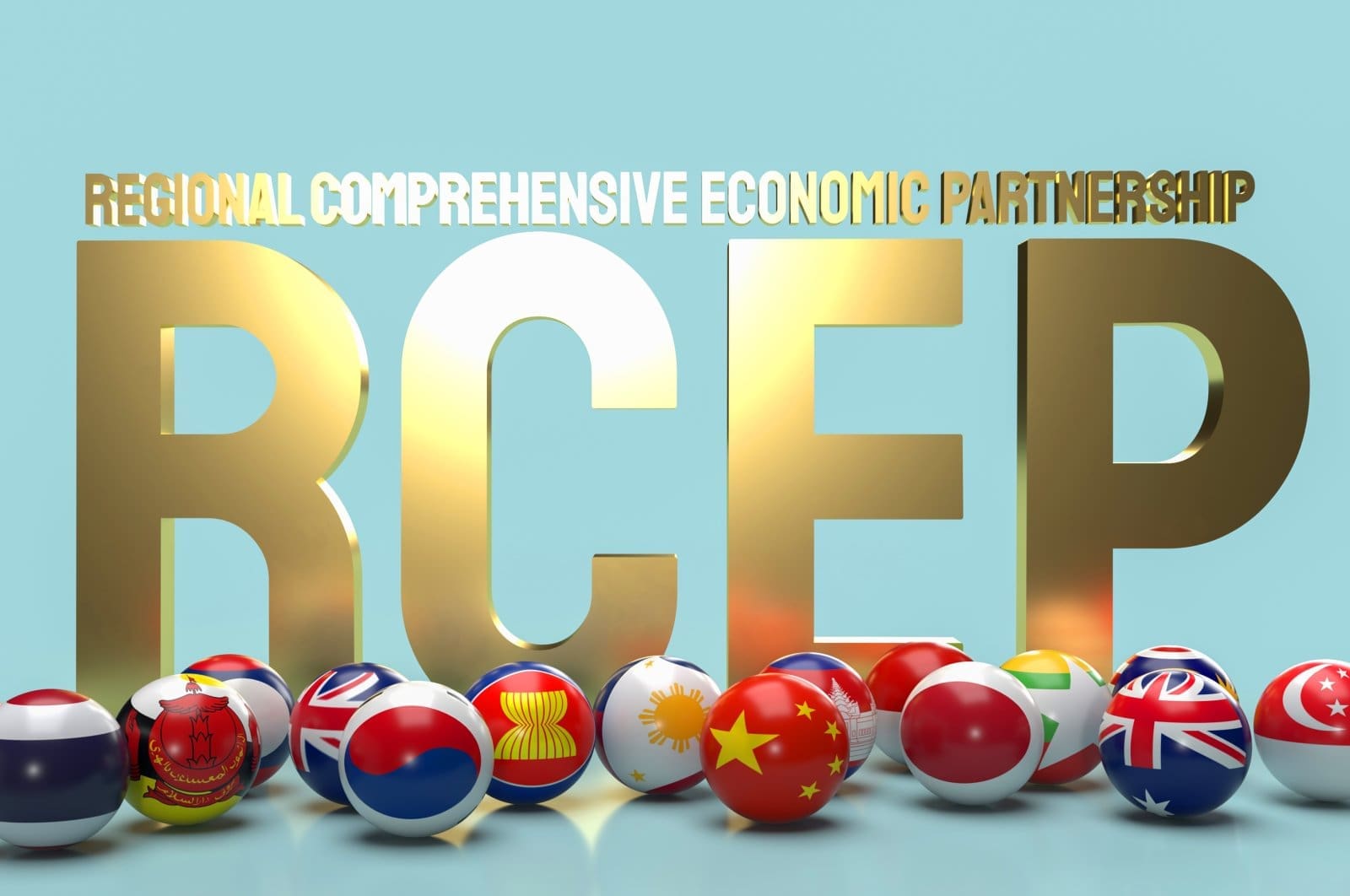As global trade winds shift towards protectionism, India is facing a critical juncture. The nation’s decision to opt out of the Regional Comprehensive Economic Partnership (RCEP) five years ago, citing concerns over market access and domestic industry protection, is now under renewed scrutiny.
The RCEP, a mega-trade deal involving 15 countries including China, Japan, South Korea, Australia, New Zealand, and the ten ASEAN nations, offers immense potential for economic growth and integration. However, India’s withdrawal was largely driven by apprehensions about the impact of increased competition from Chinese goods and the potential erosion of domestic manufacturing.
A Shift in Stance?
Recently, Niti Aayog CEO of BVR Subrahmanyam has advocated for India’s re-entry into the RCEP. He argues that India has not fully capitalised on the “China Plus One” opportunity, which has seen many global companies diversify their supply chains away from China. By joining the RCEP, India could position itself as a more attractive destination for manufacturing and investment.
However, the decision to rejoin RCEP is fraught with challenges. India’s high average tariffs on industrial and agricultural goods, imposed to protect domestic industries, could hinder its ability to compete effectively in the global market. Moreover, the government’s stance on free trade agreements (FTAs) has been inconsistent, with a recent review of existing FTAs and the implementation of stricter negotiation guidelines.
Balancing Domestic Concerns and Global Ambitions
India’s domestic industry, particularly sectors like dairy and manufacturing, has expressed concerns about the potential impact of increased competition from RCEP member countries. These concerns must be addressed to ensure a smooth transition and minimise any negative consequences.
A key question is whether India can strike a balance between protecting domestic industries and embracing global trade opportunities. Joining the RCEP could significantly boost India’s economic growth and enhance its geopolitical influence in the Indo-Pacific region. However, it requires careful consideration of the potential risks and benefits, as well as a clear strategy to address domestic concerns and capitalise on the opportunities presented by the RCEP.
As India navigates this complex landscape, the government must carefully weigh the long-term implications of its decision. A well-calibrated approach, involving extensive consultation with stakeholders and a clear roadmap for economic reforms, will be crucial to ensure that India emerges as a global economic powerhouse.

